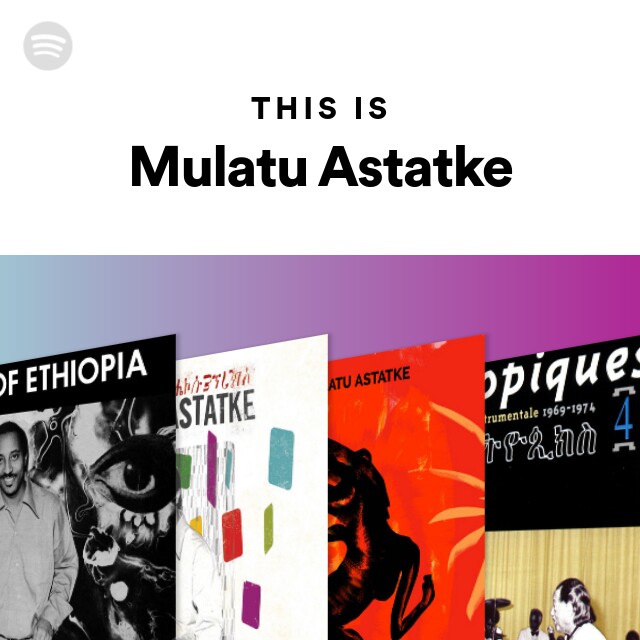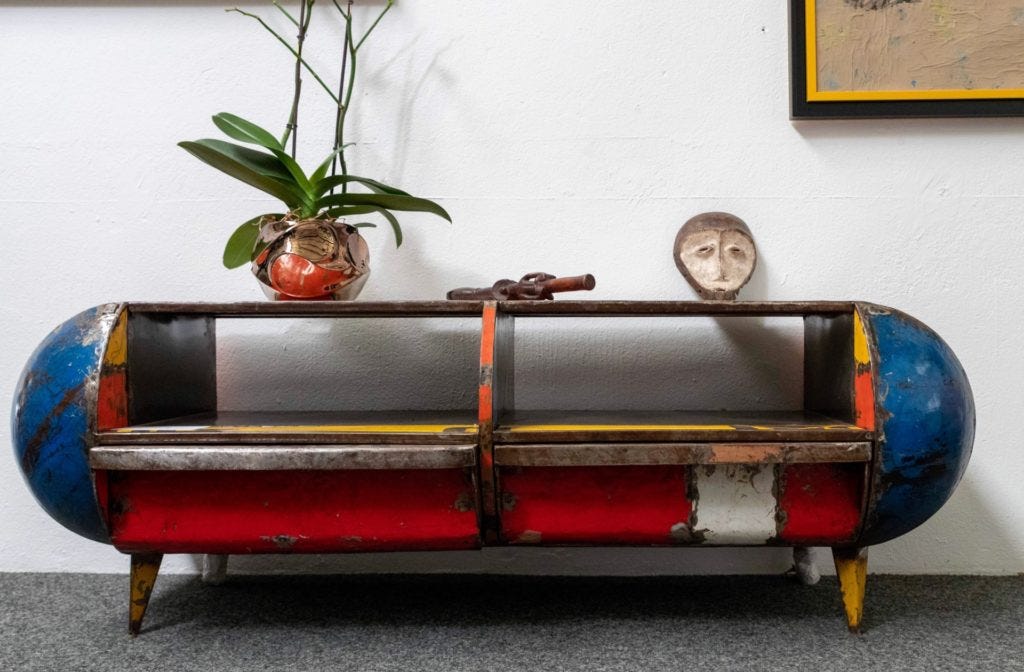Greetings
Every year, I attend FNB Art Joburg and, every year, I promise myself that I will spend more time visiting art galleries, exhibitions, etc, of which there is an abundance of in the city. This year, in what was the 17th edition, there were 41 exhibitors from 14 countries that represented 100+ artists, and different initiatives that ran over a two-week period from the end of August into September.
When it comes to exploring African art, I do have a bit of a bucket list of fairs, expos, and the like that I wouldn’t mind experiencing, including the 1-54 Contemporary African Art Fair which is ‘dedicated to African art worldwide’, although it was started (a little ironically) in London in 2013. It now has editions in London, New York and Marrakech with the London edition taking place, this year, between October 10th and 13th. It was founded by Moroccan Touria El Glaoui and the name references the 54 African countries.
This year’s edition promises to have 60 galleries showcasing the work of over 160 artists. More interesting for me is the Special Projects that will be showcased.
If you are in the vicinity, let us live vicariously through you and share what stood out for you.
The impact of African music continues to expand beyond the continent’s borders, particulary Afrobeats and Amapiano. One of the rabbit holes I enjoy wandering down is music and artists from the past who, to a certain extent, created some of the influences for contemporary African music as well as African musicians who create those connections. It is why I enjoy the Music of Africa newsletter that explores primarily southern African music.
There is so much diversity when it comes to music from the continent that I am constantly finding new (old) artists and new (old) genres like Mulatu Astatke and Ethio-Jazz. This article Mulatu Astakte: the wild life of the funky father of Ethio-Jazz has sent me down a beautifully sounding rabbit hole.
Jomo Tariku, a designer and data scientist, who was born in Kenya, raised in Ethiopia and lives in the US spotlighted 9 Furniture Designers From Across The African Diaspora, which includes designers from South Africa, Burkina Faso, and Cote D’Ivoire.
Writer, researcher and collector-archivist Amy Sall is highlighting the beauty of African cinema in her book The African Gaze: Photography, Cinema and Power which is to be published before the end of the year. She’s also founding editor of SUNU: Journal of African Affairs, Critical Thought + Aesthetics, “a pan-African, post-disciplinary platform exploring the artistic, cultural, and intellectual production of Africa and the diaspora across time and space.”
Not too long ago, the discussion was around how, by being mobile-first and harnessing digital technologies, Africa countries will be able to boost their economies in innovation ways. There is much to be said about this potential to use technology to truly solve the challenges many on the continent face but, to be honest, on the surface, much of the use case for technology seems to still be driven by the West. And now Artificial Intelligence (AI) is the next frontier.
In the article, Africa begins efforts to regulate artificial intelligence, Grace Ashiru writes: “The potential impact of embracing AI on the economies of Africa is striking. Predictions indicate that if businesses in just four countries—Nigeria, Ghana, Kenya, and South Africa—start leveraging AI tools more extensively, they could collectively achieve economic gains amounting to as much as $136 billion by the year 2030.”
The key word, for me, is ‘if’ which is dependent on how involved Africans are in using AI to create truly local solutions, as explored in AI expert warns of ‘digital colonisation’ in Africa.
If you enjoyed this edition of the Ogojiii newsletter, please do share with others who you feel would enjoy it as well. We look forward to your comments, input and contributions. The power of Substack is as space for dialogue and collaboration.
Till next time.
Kojo







Thank you.